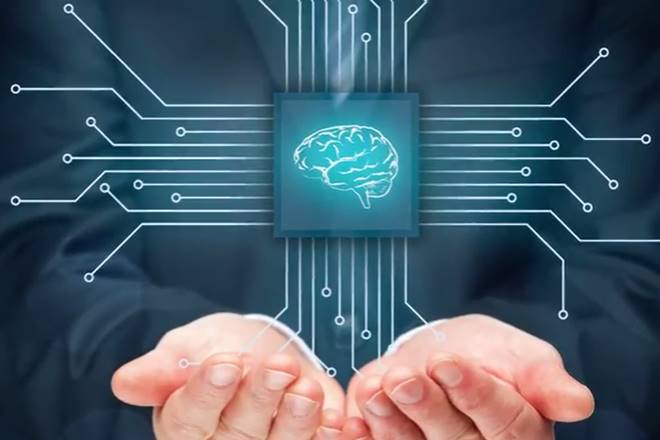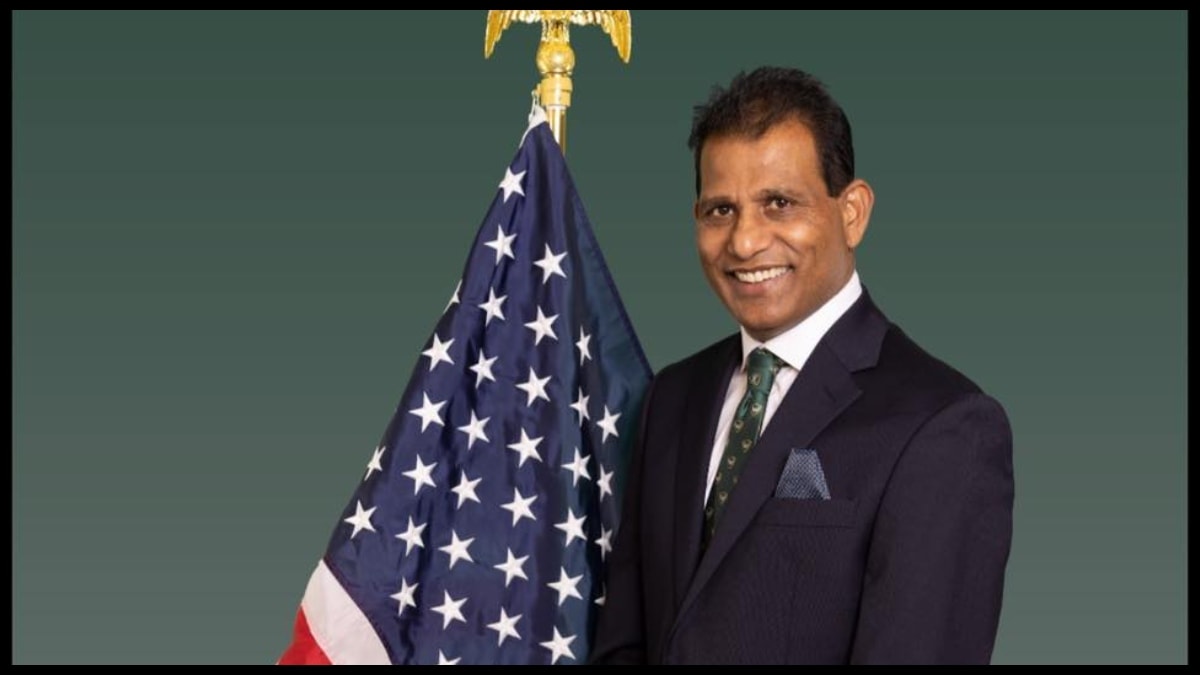Jim Cridlin
Artificial intelligence has finally found its voice, literally. At this year’s Consumer Electronics Show (CES) in Las Vegas, you could not avoid Amazon’s Alexa and Google’s Assistant, not to mention Baidu’s Duer and Samsung’s Bixby. AI voice assistants are no longer confined to smart speakers, but are now baked into everything from washing machines to cars and refrigerators. These voice assistants are not just responding to you but are also proactively predicting your needs and taking care of business on your behalf. We are rapidly moving from a world of clicks and actions to conversations and automation. By 2021, the number of worldwide consumers using AI voice assistants will reach 1.83 billion. Devices like smart speakers, soon to be a $10 billion-industry, are training wheels for a post-smartphone future where talking to your AI assistant via your smart glasses or connected watch will be as normal as talking to your phone.
AI coupled with augmented reality (AR) will free the internet from screens. It will be all around you. In fact, you will not even think of it as AI anymore. As legendary computer scientist John McCarthy once said, “As soon as it works, no one calls it AI anymore.” So how will AI impact the world of marketing? AI will lead to much more effective media targeting and personalisation, particularly via programmatic media. The creative experience itself will become smarter by enabling people to extract more value from brand engagement — think chatbots and their various permutations integrated into visual and audio ad units and utilities — and you will be able to ask a brand anything from anywhere. AI will also enable our industry’s talent to focus on innovation and intelligence rather than margin-dilutive, mind-numbing repetitive tasks and labour-intensive reports.
Potentially the biggest impact of AI is that advertisers will increasingly need to re-balance their marketing efforts from explicit communication meant for the end consumer to implicit persuasion to a consumer’s chosen AI.In short, it means less TV ads and more algorithms. We will very soon live in a world where your AI will largely determine what content and utilities you will see or hear, automatically order or replenish various goods and
services, and recommend new ones based on preferences, needs and behaviours. Of course, people will still search and discover, particularly based on word-of- mouth and relevant advertising. But as society becomes more time-starved with a seemingly ever-diminishing attention span, our AI assistants will work harder on our behalf to reduce our increasing personal and professional workloads. And AI will often do so silently
and unnoticed.
As American computer scientist Patrick Winston once said, “AI has become more important as it has become less conspicuous.” AI will give us back the one thing we all increasingly crave: time. Advertisers that understand the forthcoming need to re-balance their efforts to best navigate and optimise the AI matrix will be the ones who will increasingly capture not just the consumer’s share of voice but also the share of algorithm with that person’s AI.
The author is global head of innovation, Mindshare Worldwide








